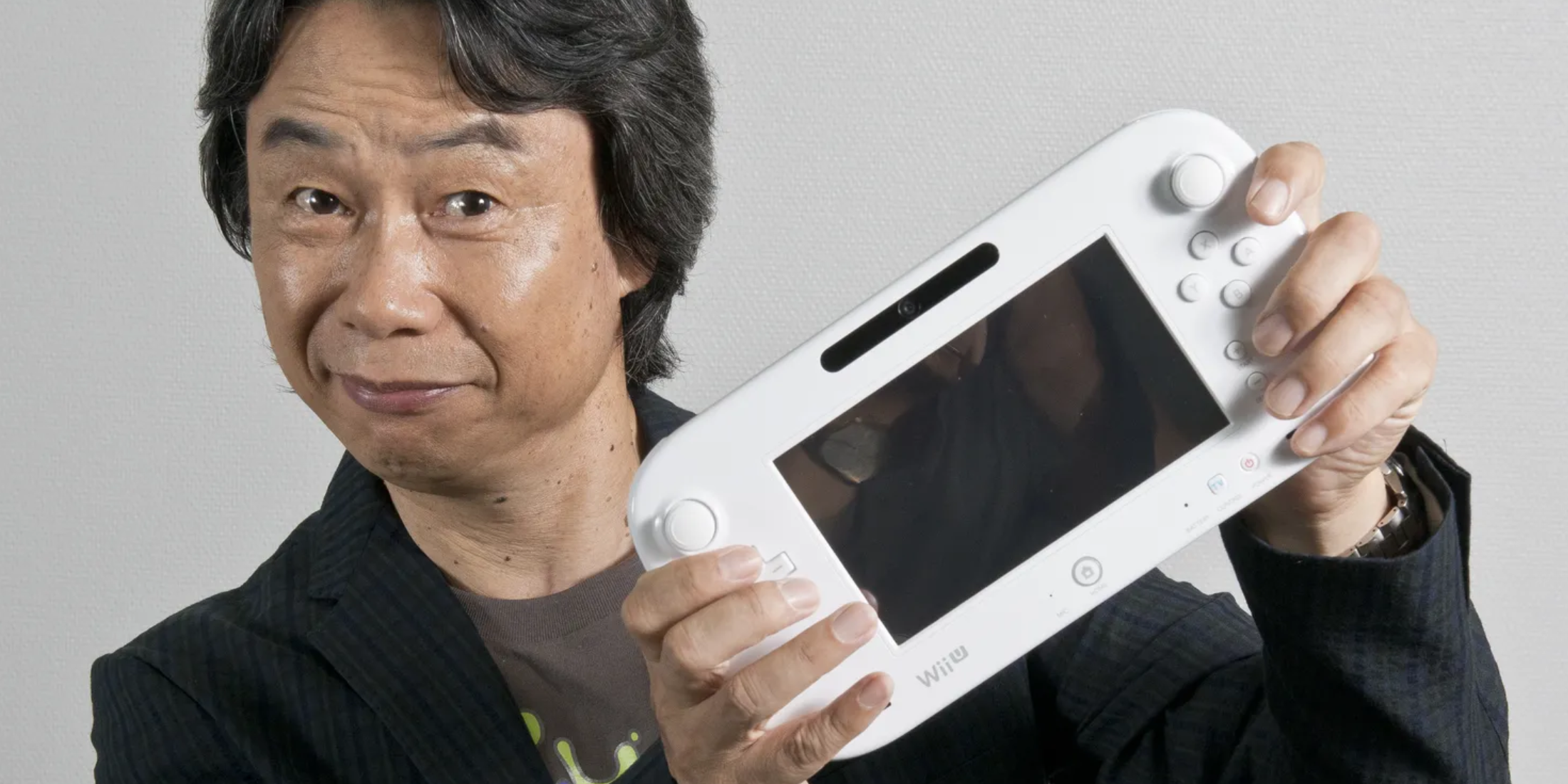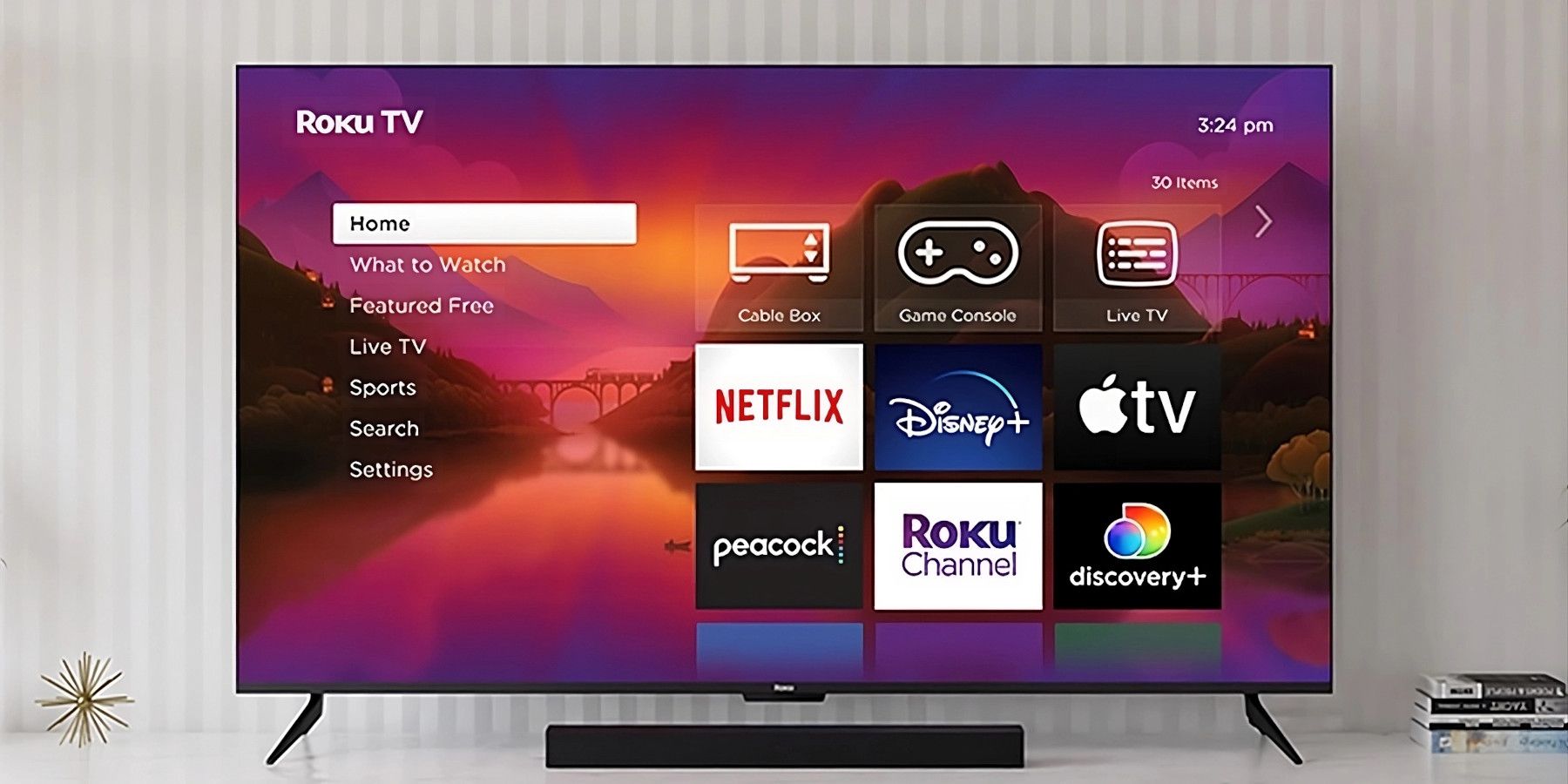Highlights
- Roku patent proposes showing targeted ads during paused HDMI device use, potentially increasing profits for the Smart TV company.
- New technology analyzes HDMI feed to display relevant ads matching paused content, such as products or scene location.
- While this technology is still a patent and not in use, it could cause backlash from users already overwhelmed with ads.
Roku seems to have ideas for its Smart TV owners, filing a patent for technology that would allow them to show ads whenever users allow their game to become idle. The system wouldn't be limited to games either, as it could potentially show targeted advertisements based off what was being shown on any device connected to the TV via an HDMI connection.
At the moment, Roku and some other Smart TV brands display ads, but switching to an external HDMI device typically overrides this ability. Smart TV companies can potentially earn money by displaying ads and sponsorships, but switching to an HDMI device limits their ability to do so, cutting into their profits. If this technology came into use, all of that could change.

The Best HDMI Cables for 4K in 2024
The Best HDMI cables for 4K not only save gamers money but also offer optimized refresh rates at different video resolutions.
Roku Patent Would Show Ads When Games and Streaming Devices are Paused
A new patent filed by Roku, and discovered by Lowpass, revealed technology that would display ads whenever the viewer is using an HDMI device and the feed is paused. In theory, if the viewer were using a streaming device like Google Chromecast or Apple TV and paused the feed, the Roku technology would recognize this and display and ad until the user pressed play again. The same is true of gaming consoles; if a user took a break and paused their game, they'd likely find an ad playing upon returning to the TV.
While Roku could theoretically make money showing any kind of ad, this technology is designed to assess the signal coming through the HDMI feed. Roku would analyze what's being viewed through its audio or video and match what's happening to its own database. The database would tell the TV what's going on in a given scene or show, allowing the Roku TV to play relevant ads, like pushing a commercial for a product seen in the paused scene, or ads relevant to the area it was shot in. For games, it seems the technology could potentially advertise new games or other consoles to the player.
At the moment, this technology is limited to a patent and isn't in use. It's also not clear if Roku will ever actually implement it. While Roku could certainly serve to benefit from this technology, chances are users wouldn't be thrilled with it. TV viewers and gamers alike are already bombarded with ads all over the web and in streaming services, with some games even embedding ads within the gameplay itself. There's the potential for major backlash from current Roku owners if this came to fruition, while others might avoid buying a Roku TV or any other television using similar tech. It remains to be seen if the benefits will outweigh the risks for Roku as a company.



